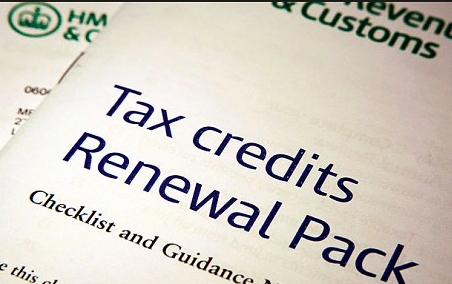As the House of Lords prepares to debate the tax credit cuts, a significant new piece of information has come to light. The government initially suggested that, in the vast majority of cases, its minimum wage increase and higher tax allowance would compensate for tax credit removal. A bold claim based on not very much research.
Coffee House can today reveal that the most authoritative analysis yet conducted—based on over 100,000 working-age households—shows the damage being far more extensive than the Treasury realises.
Policy in Practice, Britain’s leading welfare-to-work consultancy, held a Chatham House symposium on the subject three weeks ago, attended by various figures in the world of welfare reform. Drawing from these discussions, it drew some conclusions that ought to stop these reforms in their tracks.
- Some workers will be able to keep just 7p in every extra £1 that they earn. So the new system will put them on an effective tax rate of 93 per cent.
- Increasing the minimum wage to £9 an hour and raising the tax allowance will only offset the tax credit reduction for one in three claimants. So most of these workers will be worse off in 2020 than they are today.
- Families who respond to the cuts by trying to earn more will be worst-hit by the current reforms: precisely the opposite of Osborne’s intention
- Owner-occupiers, another group that the Conservatives have sought to encourage, will be amongst the hardest hit when the reforms come in April.
So Osborne’s reforms, as they stand, have become a weapon aimed straight at the strivers: the people who he has been trying to help. As the leading article in the current Spectator argues, this is deeply damaging not only to those affected, but to the Conservative Party’s reputation.
The Chancellor says that he is in ‘listening’ mode – which is just as well. If the House of Lords today gives the Chancellor time to think again, it may suit all concerned. Here are some extracts from Policy in Practice analysis:
Because tax credits reduce entitlement to other benefits, 57% of tax credit savings will be offset by increased Housing Benefit and Council Tax support. These savings will not by spread evenly. Some on Housing Benefit will see their support increase by up to 85p for each pound lost in tax credits. Many owner-occupiers will not have their tax credit cuts mitigated and may find themselves pushed into crisis.
…A higher withdrawal rate will make it harder for people that try to earn their way back to their original standard of living. Working Tax credit recipients that choose to counter the loss by increasing their earnings will lose up to an additional 7p for each pound earned. Effective tax rates may increase up to 93p in the pound…
…Tax credit recipients who are not in work and the lowest earners, including self-employed households (some of whom are thought to under-report their earnings) will not be impacted by these changes. Those that contribute most to the economy will be hardest hit. As one benefits manager in a Conservative constituency said: ‘The government wants people to work, but this goes against that’.
UPDATE: The full Policy in Practice analysis is now online, and here’s Policy in Practice’s Deven Ghelani on The World at One:
https://soundcloud.com/spectator1828/deven-ghelani-government-was-brought-in-to-make-work-pay







Comments